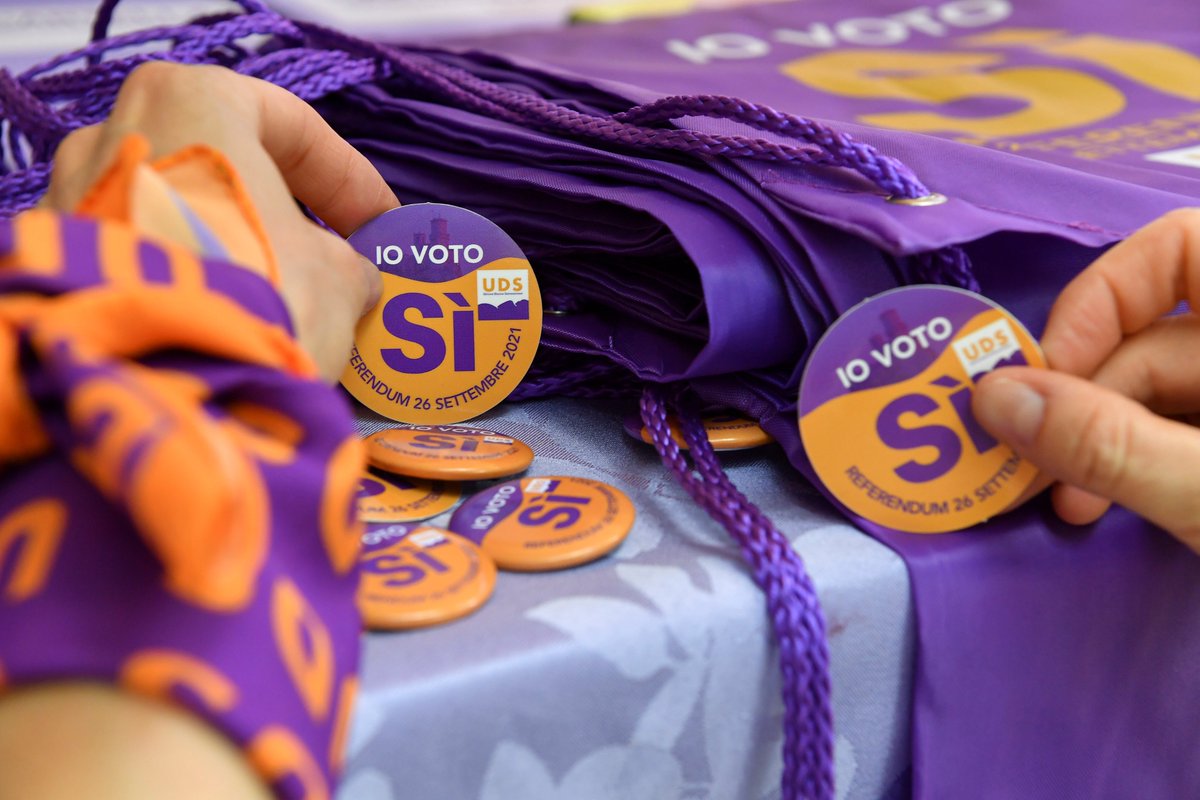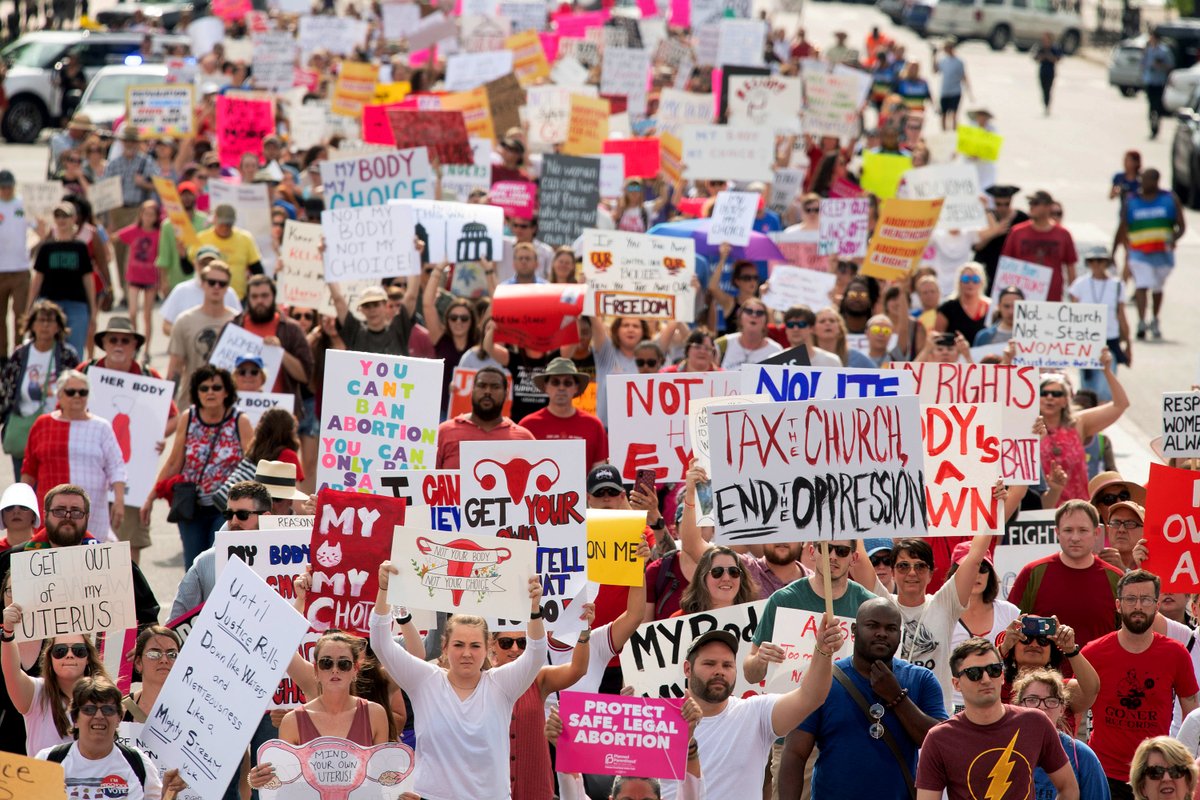
🚨 Did you know 45% of all abortions globally are unsafe due to a lack of access?
♀ NGO @FIGOHQ is marking #InternationalSafeAbortionDay today to help #MakeUnsafeAbortionHistory.
⭕️ In a turbulent year for reproductive rights worldwide, which countries are making changes? 👇🧵

♀ NGO @FIGOHQ is marking #InternationalSafeAbortionDay today to help #MakeUnsafeAbortionHistory.
⭕️ In a turbulent year for reproductive rights worldwide, which countries are making changes? 👇🧵


🇺🇸 United States
🚨 Women in America are facing an ‘all-out assault’ on abortion rights.
⭕️ In Texas, a near-total ban has been imposed - the strictest in the U.S.
🗣 Law professor Dr @MaryRZiegler explains👇
🚨 Women in America are facing an ‘all-out assault’ on abortion rights.
⭕️ In Texas, a near-total ban has been imposed - the strictest in the U.S.
🗣 Law professor Dr @MaryRZiegler explains👇
❗️But Texas isn’t the only U.S. state where abortion rights are under attack 👇
twitter.com/i/events/14334…
twitter.com/i/events/14334…
🇨🇳 China
⭕️ China now wants to reduce "non-medical" abortions.
📖 Authorities say they will improve sex education, post-abortion and post-childbirth family planning services.
♀ The goal is to avoid unwanted pregnancies and encourage men to "share responsibility" in prevention
⭕️ China now wants to reduce "non-medical" abortions.
📖 Authorities say they will improve sex education, post-abortion and post-childbirth family planning services.
♀ The goal is to avoid unwanted pregnancies and encourage men to "share responsibility" in prevention

🇸🇲 San Marino
⭕️ The country has voted overwhelmingly in favor of legalising abortion in a referendum.
🔒 Prior to this, women who ended their pregnancies risked three years in prison. The sentence was six years for anyone who performed an abortion.

⭕️ The country has voted overwhelmingly in favor of legalising abortion in a referendum.
🔒 Prior to this, women who ended their pregnancies risked three years in prison. The sentence was six years for anyone who performed an abortion.


🇵🇱 Poland
⭕️ A court ruling banning abortions in most cases sparked nationwide protests last year.
☎️ Calls to a support hotline also increased more than five-fold.
🚨 Since January, abortions are only allowed in cases of rape, incest or when the mother's health is in danger.

⭕️ A court ruling banning abortions in most cases sparked nationwide protests last year.
☎️ Calls to a support hotline also increased more than five-fold.
🚨 Since January, abortions are only allowed in cases of rape, incest or when the mother's health is in danger.


🇲🇽 Mexico
⭕️ The Supreme Court recently ruled that women can no longer be prosecuted for seeking abortions.
♀ It was a seismic victory for women's rights in the majority-Catholic nation.
🚨 But hundreds of mostly poor Mexican women had been charged and dozens remain in jail.
⭕️ The Supreme Court recently ruled that women can no longer be prosecuted for seeking abortions.
♀ It was a seismic victory for women's rights in the majority-Catholic nation.
🚨 But hundreds of mostly poor Mexican women had been charged and dozens remain in jail.

🇦🇷 Argentina
♀ Despite the influence of the Catholic Church, Argentina became the first major country in Latin America to legalise abortion in January.
⭕️ The change has raised hopes of further reform in the region.

♀ Despite the influence of the Catholic Church, Argentina became the first major country in Latin America to legalise abortion in January.
⭕️ The change has raised hopes of further reform in the region.


On #InternationalSafeAbortionDay, read more about the countries making changes in reproductive rights 👇 news.trust.org/item/202012301…
• • •
Missing some Tweet in this thread? You can try to
force a refresh

















